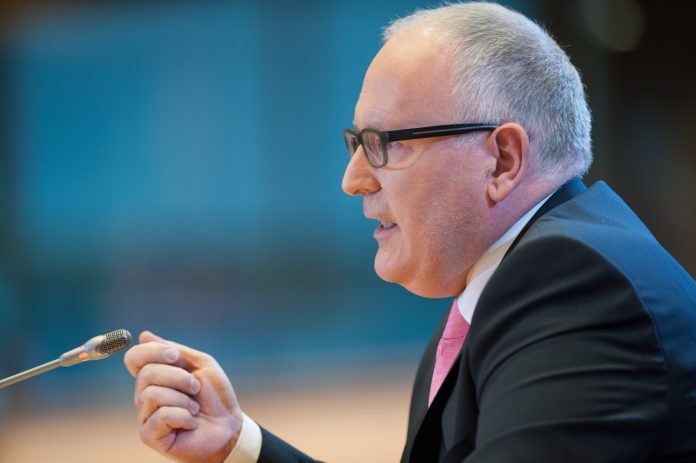The EU needs a comprehensive, permanent and objective mechanism to protect democracy, the rule of law and fundamental rights, said EP on Wednesday.
In a non-legislative resolution, MEPs regret that the European Commission has so far not presented a legislative proposal to set up such a mechanism, which the Chamber requested in October 2016.
They note that, since then, the Parliament took the unprecedented step of calling on the Council to trigger Article 7 of the EU Treaty against Hungary and determine the existence of a clear risk of a serious breach by Hungary of the EU’s founding values, while the Commission took the initiative regarding Poland and also requested that Article 7 proceedings be opened.
Plenary calls on the Council to “properly assume” its institutional role in these ongoing procedures, to inform Parliament immediately and fully at all stages, and to invite Parliament to present its reasoned proposal on Hungary to the Council.
They also point to rising concerns regarding democracy and rule of law in Malta, Slovakia and Romania and to the high number of infringement procedures against several member states in the field of justice, fundamental rights and citizenship.
The text, which was passed by show of hands, wraps up the debate held in plenary on 23 October with the Commission´s First Vice-President Frans Timmermans and the Austrian Presidency of the Council.
The Parliament warns that the challenges to the rule of law and democracy across the EU pose a risk to freedom, security and justice and to the legitimacy of the EU’s external action, particularly in relation to its accession and neighbourhood policies.
MEPs underline that the rule of law framework set up by the Commission in 2014, which has only been used with Poland, has proven insufficient to prevent or remedy the threats.
The mechanism proposed by the EP would be based on an annual, evidence-based assessment of all member states’ compliance with the values enshrined in Article 2 of the EU Treaty, including country-specific recommendations – as is done for economic policies – followed by an inter-parliamentary debate.
This new instrument, says the resolution, could be linked to the draft legislation proposed by the Commission to protect the EU’s budget in case of deficiencies as regards the rule of law.

